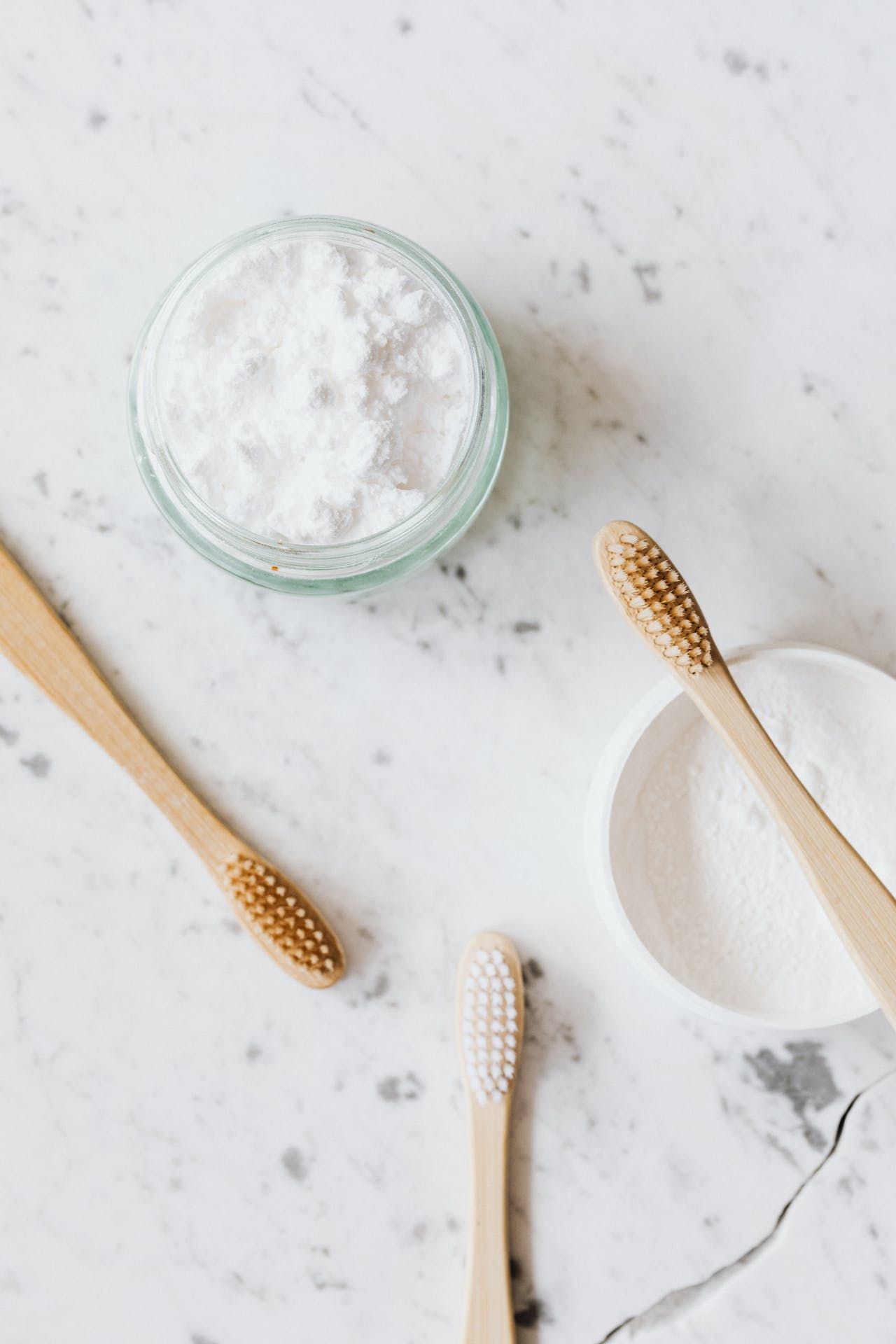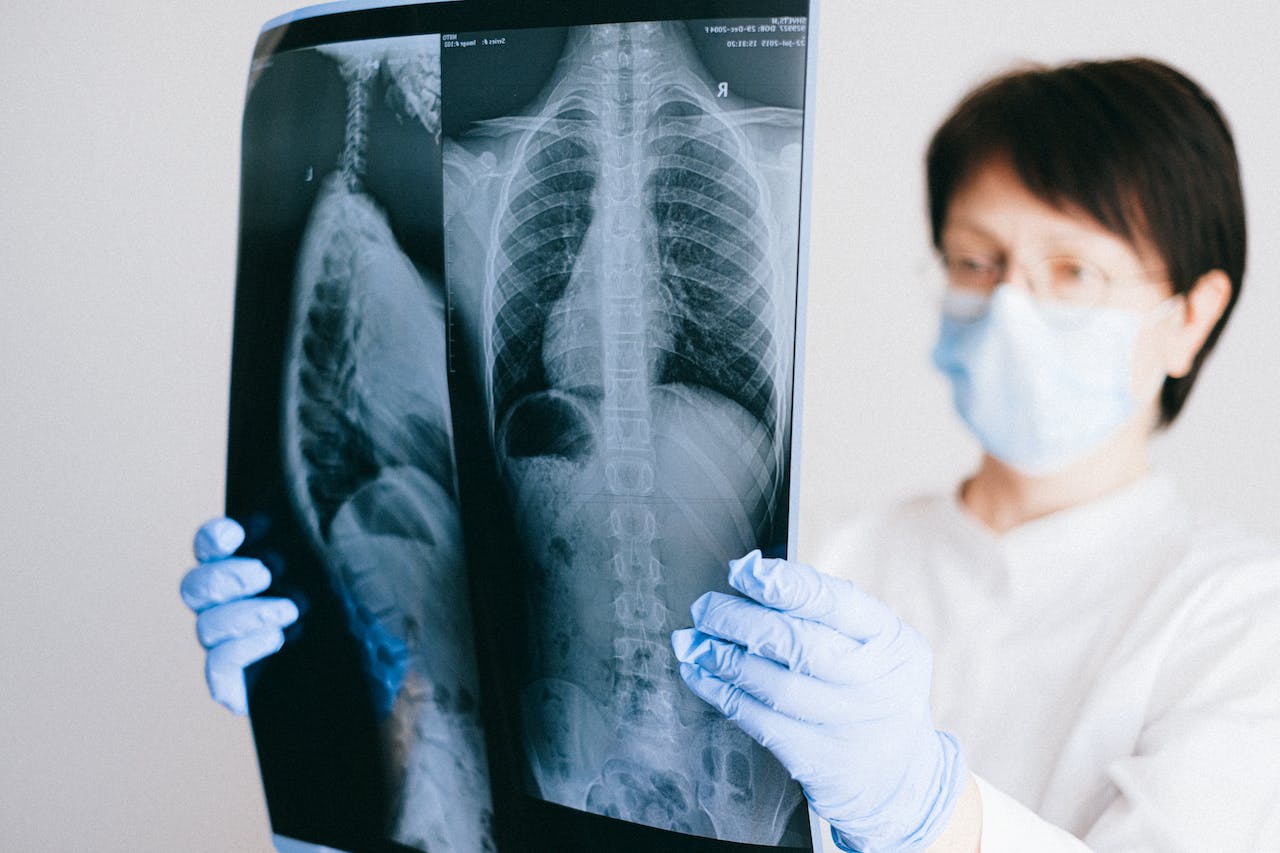Experiencing pain in your teeth while eating can be both distressing and uncomfortable. This article aims to shed light on the underlying causes of this pain, providing insights into effective remedies and preventive measures to uphold your oral health.
Identifying Symptoms of Tooth Pain
If your teeth hurt when eating, the symptoms might manifest as sharp or dull throbbing aches, swelling, redness, and increased sensitivity.
- Sharp Pain: This is often a response to biting pressure and may indicate tooth decay or a fracture.
- Dull Throbbing Pain: A constant, dull ache may suggest inflammation or infection.
- Swelling and Redness: These symptoms can signal an underlying dental issue and often accompany pain.
- Sensitivity: A common issue where teeth react strongly to temperature extremes or certain foods, often due to enamel wear or gum recession.
Experiencing these symptoms warrants a consultation with a dental professional for proper diagnosis and treatment. Neglecting tooth pain can exacerbate dental problems, making early intervention and consistent oral hygiene pivotal.

Why Might Teeth Hurt When Eating?
If your teeth hurt when eating, you’re not alone. There are several possible causes for this discomfort, and understanding them can help you find relief. Some common causes of teeth pain when eating include tooth decay, gum disease, tooth sensitivity, and dental issues like cracked or damaged teeth. Let’s take a closer look at the reasons your teeth might hurt when eating.
Tooth Sensitivity
- Cause and Effect: When the dentin, the underlying layer of your teeth, gets exposed, it can lead to teeth hurting when eating. This exposure is often the result of receding gums or the erosion of the protective enamel layer. Exposed dentin has tiny tubules leading to the nerves, which react sharply to temperature changes or certain types of foods.
- Triggers: Hot, cold, acidic, or sugary foods and beverages are common triggers for this type of pain. These substances can reach the nerve endings in the tooth and cause discomfort or even sharp pain.
- Prevention and Management: To reduce teeth pain when eating due to sensitivity, it is advisable to use a soft-bristled toothbrush and to brush gently to avoid further enamel wear. Fluoride toothpaste and mouthwashes can help in remineralising the enamel. Desensitising toothpaste and other dental products can also provide relief by blocking the pathways to the nerves.
Periodontal Disease
- Progression of the Disease: Gum disease, a leading cause of tooth pain when eating, starts as gingivitis, characterised by swollen, red, and bleeding gums. Without proper treatment, it can advance to periodontitis, a more severe form that affects the bone and tissues supporting the teeth. This can lead to receding gums, exposing the roots and making teeth more sensitive and prone to pain.
- Symptoms and Impact: In addition to tooth sensitivity, periodontal disease can cause symptoms like bad breath, gum recession, and in severe cases, tooth loss. These issues can significantly affect your ability to enjoy meals without discomfort.
- Treatment and Control: Early intervention with professional dental cleaning can halt the progression of gum disease. For more advanced cases, treatments like scaling, root planing, or even periodontal surgery might be necessary. Regular dental visits and good oral hygiene are key in managing periodontal disease and preventing tooth pain when eating.
Tooth Decay and Enamel Erosion
- Causes of Decay and Erosion: Tooth decay, a common reason teeth hurt when eating, occurs when plaque bacteria produce acids that demineralise and break down the tooth enamel. Cavities then form, exposing the sensitive inner layers of the tooth. Enamel erosion, on the other hand, happens due to acidic foods and drinks, aggressive brushing, or medical conditions like acid reflux, leading to weakened enamel.
- Symptoms and Consequences: Both conditions can cause increased sensitivity and pain, especially when eating hot, cold, or sweet foods. Left untreated, they can lead to more significant dental problems, including serious infections or tooth loss.
- Management and Prevention: Good oral hygiene practices, including regular brushing and flossing, are vital in preventing decay and erosion. Limiting acidic and sugary foods can protect the enamel, and using fluoride-rich products can help strengthen it. In cases where cavities have formed, dental treatments like fillings, crowns, or sealants may be necessary to restore the tooth and alleviate pain.
Understanding these common causes and their management strategies is essential in addressing the issue of tooth pain when eating. Regular dental check-ups can help in early detection and treatment, ensuring your oral health and comfort during meals.

Treatment Options If Your Teeth Hurt When Eating
Treating teeth pain effectively depends on the underlying cause. Here are some common treatment options:
- Fillings and Crowns: For tooth decay or cavities, your dentist may recommend fillings to restore the tooth’s structure. If the decay is extensive, a crown might be necessary to cover and protect the tooth.
- Root Canal Therapy: If the pain is due to an infection in the tooth’s pulp, a root canal may be required. This procedure involves removing the infected pulp, cleaning the inside of the tooth, and sealing it to prevent further issues.
- Gum Disease Treatment: For periodontal disease, treatments can range from professional cleaning to more advanced procedures like scaling and root planing, or even surgical interventions in severe cases.
- Desensitising Products: For mild tooth sensitivity, over-the-counter desensitising toothpaste and mouthwashes can help. These products contain compounds that help block the transmission of pain signals from the tooth surface to the nerve.
- Fluoride Treatments: Fluoride applications by your dentist can help strengthen tooth enamel and reduce sensitivity.
Preventive Measures
Prevention is always better than cure, especially when it comes to oral health. Here are some tips to prevent teeth pain:
- Regular Dental Check-Ups: Routine visits to the dentist can help catch and address issues early, before they lead to pain.
- Good Oral Hygiene: Brushing twice a day with fluoride toothpaste, flossing daily, and using an antiseptic mouthwash can help prevent decay and gum disease.
- Healthy Diet: Limiting sugary, acidic foods and drinks can protect your enamel and reduce the risk of decay.
- Use of Mouth Guards: If teeth grinding (bruxism) is an issue, your dentist may recommend a mouth guard to protect your teeth from damage.
- Avoiding Hard Foods: Be mindful of chewing hard foods that can crack or damage your teeth.
Lifestyle Adjustments
Making small changes in your daily habits can also contribute significantly to reducing teeth pain when eating:
- Gentle Brushing: Use a soft-bristled toothbrush and avoid aggressive brushing.
- Warm Water: If you have sensitivity, rinse with warm water instead of cold.
- Stress Management: Stress can lead to teeth grinding; finding ways to manage stress can protect your teeth.
Conclusion
In summary, understanding the common reasons teeth hurt when eating is essential for tackling this discomfort effectively. Whether it’s tooth sensitivity, periodontal disease, or tooth decay and enamel erosion, each condition requires a unique approach to management and prevention. Remember, good oral hygiene practices, including regular brushing with a soft-bristled brush and flossing, play a crucial role in preventing most dental issues. Moreover, maintaining a balanced diet and avoiding trigger foods can go a long way in protecting your teeth from sensitivity and decay.
It’s also important to recognise the value of regular dental check-ups. A professional can provide not only treatment but also guidance on how to care for your teeth to prevent future problems. If you’re experiencing persistent tooth pain, especially when eating, don’t hesitate to consult your dentist. Early diagnosis and intervention can prevent more severe dental issues and help you return to enjoying your meals without pain.
Ultimately, taking proactive steps towards oral health can significantly reduce the instances of your teeth hurting when eating, enhancing your overall quality of life and well-being. Remember, a healthy mouth is a gateway to a healthy body, and taking care of your teeth is an investment in your overall health.

